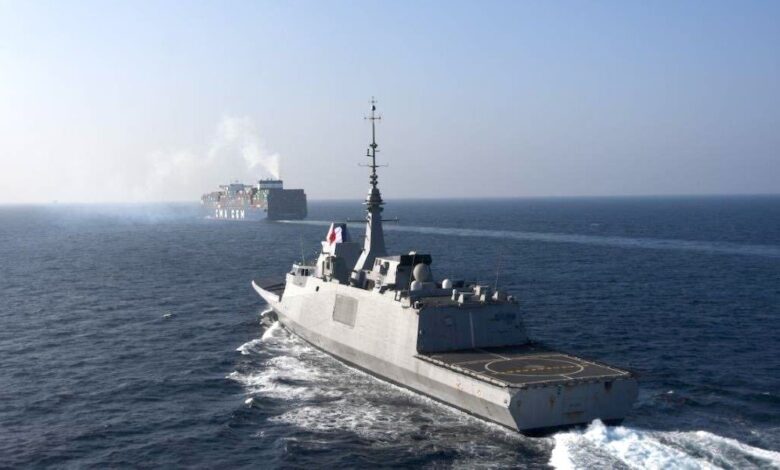
‘We need a convoy system past Yemen. Now’
Andrew Craig-Bennett knows how best to resuscitate Suez traffic.
A lady I know has reminded me that the best way to write a column is to stalk your reader and pounce. It’s hard, and most stalking hunts, be the a cat or a tiger, end in failure, but we can try.
The military historian Basil Liddell-Hart wrote about “the indirect approach” and identified its use by great commanders from Alexander to modern times. The greatest radio journalist on the BBC, the late Alastair Cooke, never ended a broadcast on the subject that he started with, and the listener could never spot the join. It was an exercise in medieval carpentry with words. We are going to need something like that to get anything done, here.
This gets harder where ships are concerned. Shipowners seldom agree – I recommend to anybody the chapter on tonnage stabilisation schemes in the late Professor Basil Metaxas’ book on Tramp Shipping Economics – and there is almost no chance of shipowners, the water gypsies of the oceans – agreeing with a shore-based organisation unless (a) they obviously have to (b) it’s clearly in their best interest and (c) they have run out of all other ideas.
Getting shipowners to go along with climate damage reduction schemes is about on the level of herding cats.
Let us now look at the situation of a land-based organisation -for example a government, or a group of governments who are officially at least trying to be nice to each other, when approached by this rag tag of sea gypsies. Why should they do what the owners want? Why should they do what the crews want? And – by no means least – how does a government or a company persuade its stakeholders to do what is necessary?
There are two positions that shipowners and those who own shares in them can take at the moment – one is to sit back and rub our hands at the ability of people whom we rarely thought about at all before now to add billions to ton miles without adding a stick of freight, thus improving the bottom line of pretty well every shipowner without the shipowner doing much at all -and the other – the more serious one – is to try to persuade our governments to do what everyone knows need to be done, and what they are perfectly able to do once they have stopped circling round one another and trying to score points.
We need a convoy system past Yemen. Now.
It is the only thing that works, and we know it works. It worked when Somali piracy was a threat to shipping. It worked when some Iranian enthusiasts wanted to influence the course of their war with the late President Hussein of Iraq, and it famously did not work for the empire of Japan between 1941 and 1945, contributing in no small part to the defeat of that empire, because they did not try it until too late, but a friend – a rather eminent shipowner – who studied the subject, once told me that in the years after WW2 every Japanese shipping company was headed by the man who had recommended a convoy system during the war.
Today’s navies have good numbers of missile defence ships, and they work well. Yes, this is going to be expensive. So is a worldwide recession. Tell your taxpayers.
Let’s not be too late.